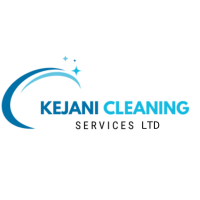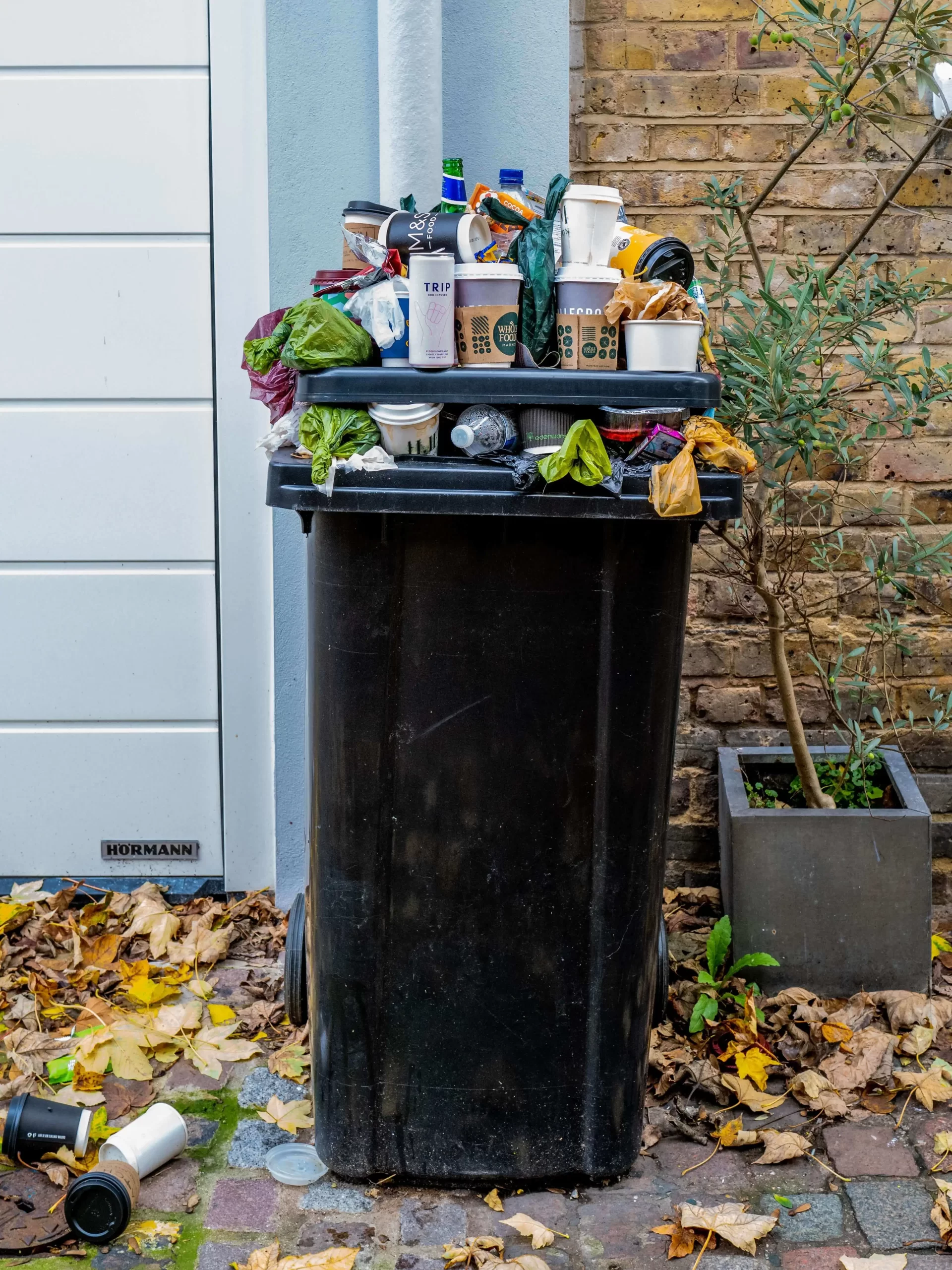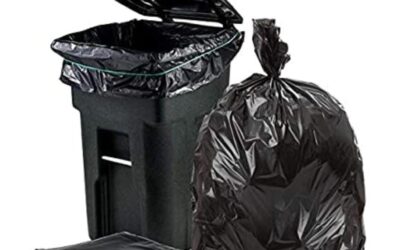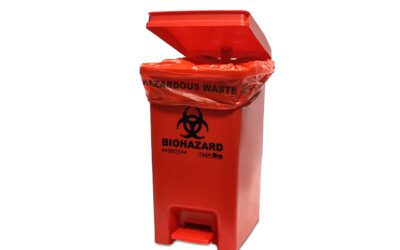Effective waste management is essential for public health, environmental sustainability, and economic development. In Kenya, especially in growing urban centers like Nairobi, Mombasa, and Kisumu, managing household, industrial, and medical waste has become a growing concern.
In this guide, we explore the five primary types of waste management and how they are used locally to promote cleaner and healthier communities.
1. Recycling
Definition:
Recycling is the process of converting waste materials into new products to prevent waste of potentially useful materials, reduce energy usage, and lower greenhouse gas emissions.
Common Recyclables in Kenya:
-
Plastic bottles (PET)
-
Paper and cardboard
-
Aluminum cans
-
Glass
-
E-waste (phones, batteries, etc.)
How It’s Practiced in Kenya:
Organizations such as Mr. Green Africa and EcoPost have set up recycling initiatives. Informal waste pickers also play a significant role in collecting and sorting recyclables.
How Kejani Cleaning Helps:
Kejani encourages waste separation at source through color-coded bins and offers recycling bins and pickup services for schools, offices, and homes.
2. Composting
Definition:
Composting is the natural process of breaking down organic waste such as food scraps and garden waste into nutrient-rich compost.
Why Composting is Important:
-
Reduces the volume of waste sent to landfills
-
Produces natural fertilizer
-
Helps restore degraded soil
Popular Compostable Waste:
-
Vegetable peels
-
Fruit waste
-
Grass clippings
-
Food leftovers (non-meat)
Adoption in Kenya:
Community gardens, schools, and eco-farms are increasingly using composting bins and turning waste into usable manure.
Kejani’s Role:
We educate institutions and communities on how to set up composting systems and offer compost-friendly waste bins.
3. Landfilling
Definition:
This is the most traditional waste disposal method where waste is buried underground in designated sites.
Challenges in Kenya:
-
Overfilled landfills (e.g., Dandora dumpsite in Nairobi)
-
Poor waste segregation leading to health hazards
-
Lack of formal solid waste disposal in some rural areas
Efforts to Improve:
The Kenyan government is working on decommissioning unsafe landfills and adopting sanitary landfilling to reduce pollution.
How Kejani Helps:
We promote proper waste segregation before collection and work with licensed partners to ensure waste is disposed of in approved landfills.
4. Incineration
Definition:
Incineration involves burning waste at high temperatures to reduce its volume and sometimes to generate energy.
Used For:
-
Medical waste
-
Hazardous industrial waste
-
Some municipal solid waste
Advantages:
-
Quick volume reduction
-
Potential to produce energy
-
Destroys pathogens
Risks:
-
Emission of toxic gases if poorly managed
-
Expensive equipment
Use in Kenya:
Hospitals and medical facilities use incinerators to dispose of clinical waste. Kejani partners with approved medical waste handlers for safe disposal solutions.
5. Waste-to-Energy (WTE)
Definition:
Waste-to-energy is a process that converts non-recyclable waste into usable forms of energy like electricity or heat.
Technologies Used:
-
Incineration with energy recovery
-
Anaerobic digestion
-
Gasification
Why It Matters in Kenya:
With electricity shortages and high energy costs, WTE could be a game-changer. Pilot projects have been introduced in Nairobi and Naivasha.
Kejani’s Vision:
As a sustainable cleaning service provider, Kejani supports innovations in eco-friendly waste processing and advocates for future partnerships in the WTE sector.
Summary Table
| Waste Management Type | Description | Local Application | Kejani Involvement |
|---|---|---|---|
| Recycling | Turning waste into new materials | PET, paper, glass | Color-coded bins, recycling partners |
| Composting | Natural decay of organic waste | Gardens, farms | Composting bins & training |
| Landfilling | Burying waste | Dandora dumpsite, county dumps | Licensed disposal |
| Incineration | Burning waste at high temp | Hospitals, clinics | Medical waste solutions |
| Waste-to-Energy | Waste converted to energy | Pilot projects | Advocacy and partnerships |
Final Thoughts
The five types of waste management—recycling, composting, landfilling, incineration, and waste-to-energy—are crucial in building a sustainable Kenya. At Kejani Cleaning Services Limited, we believe waste is not just a problem, but a resource when handled correctly.
Whether you’re managing a home, hospital, office, or construction site, we can help you choose the right waste management products and system, supply the right bins, and ensure proper disposal.
Need Waste Management Solutions?
Contact Kejani Cleaning Services Limited today for color-coded bins, waste pickup, and eco-friendly cleaning solutions.
📞 Call us | +254 115 887 085




0 Comments